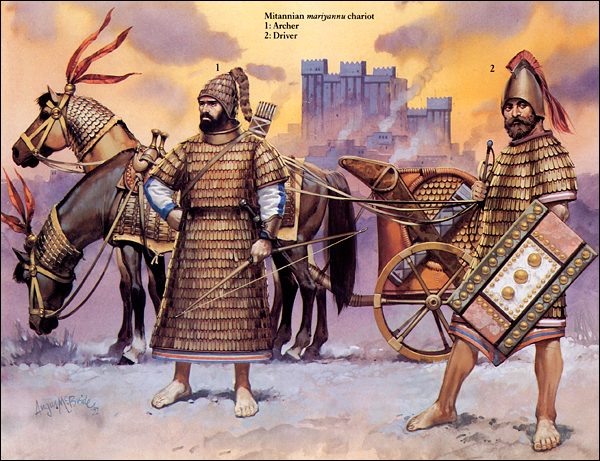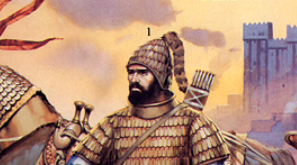Andrew Anglin
Daily Stormer
May 21, 2015

Good news, brothers:
We’re all brothers!
RT:
Two-thirds of modern-day European males trace their genetic roots to just three Bronze Age forbears, who almost literally launched the “population explosion” many centuries ago, a new DNA study suggests.
Before coming to this conclusion, a research team from the University of Leicester analyzed the DNA sequences of 334 modern European men from 17 different European and Middle Eastern populations, focusing on the large portions of the Y-chromosome passed exclusively from fathers to sons.
Their findings were published in the Nature Communications.
After that they compared the DNA from each population in order to trace the key mutations in the genomes and find out when they might have occurred. Such an approach allowed the scientists to trace paternal lines down through a long period of history.
One mutation they found originated around 4,750 to 7,340 years ago and is prevalent in Norwegian and Orcadian populations. The second occurred between 3,700 and 6,500 years ago and has spread throughout Spain, Italy, France, England and Ireland. The third dated from about 3,470 to 5,070 years ago is prominent in the Sami in Lapland, Norwegians, Danes and Friesian populations in the Netherlands, as well as being found in France, Hungary, Serbia and Bavaria, the study reports.
According to the researchers, these three paternal lines account for about 63 percent of modern European men. That means that from 371.25 million males currently living in Europe around 233 million are descendants of just three men, as reported by the Daily Mail.
Those branches of the European genetic tree are fairly young, which suggests most modern populations settled in Europe only after the spread of farming during the Neolithic era, rather than during the period of hunter-gatherers moving across the continent in the Paleolithic era, as previously thought.
According to the scientists, the time of “population explosion” was also a period of social, economic and technological advances.
“The population expansion falls within the Bronze Age, which involved changes in burial practices, the spread of horse-riding and developments in weaponry,” Professor Mark Jobling, a lead researcher and geneticist at the University of Leicester, said.
“Dominant males linked with these cultures could be responsible for the Y chromosome patterns we see today,” he added.
Although it is still unclear who exactly the ‘fathers’ in these paternal lineages were, or even if they were born in Europe, the scientists believe they were influential and powerful individuals, likely tribal chieftains.
According to the researchers, people in positions of power would tend to travel more widely and father far more children than their subjects, so their lineages became dominant.
“We think that a social structure in which resources and power are more easily accessible to only some men may allow for a few paternal lineages to become very frequent in a short amount of time,” Dr. Chiara Batini, a co-author of the research and a geneticist at the University of Leicester, said.
The scientists are now planning to continue their study, as it can help them to gain deeper understanding of how the three identified paternal lineages spread across Europe.
“Given the cultural complexity of the Bronze Age, it’s difficult to link a particular event to the population growth that we infer,” Batini said.
“But Y-chromosome DNA sequences from skeletal remains are becoming available, and this will help us to understand what happened, and when,” she added.
I don’t know how much you can really put into these studies. You would have to know a lot more than I know to be able to know if it was legit or just people putting out whatever gibberish they thought up to keep their research grants coming.

But I like this study. The idea that all European men have the same three uber-alpha granddads who were just rolling across Europe getting laid left and right should be promoted as true, even if it isn’t. There is nothing bad which can come from believing in this story.
